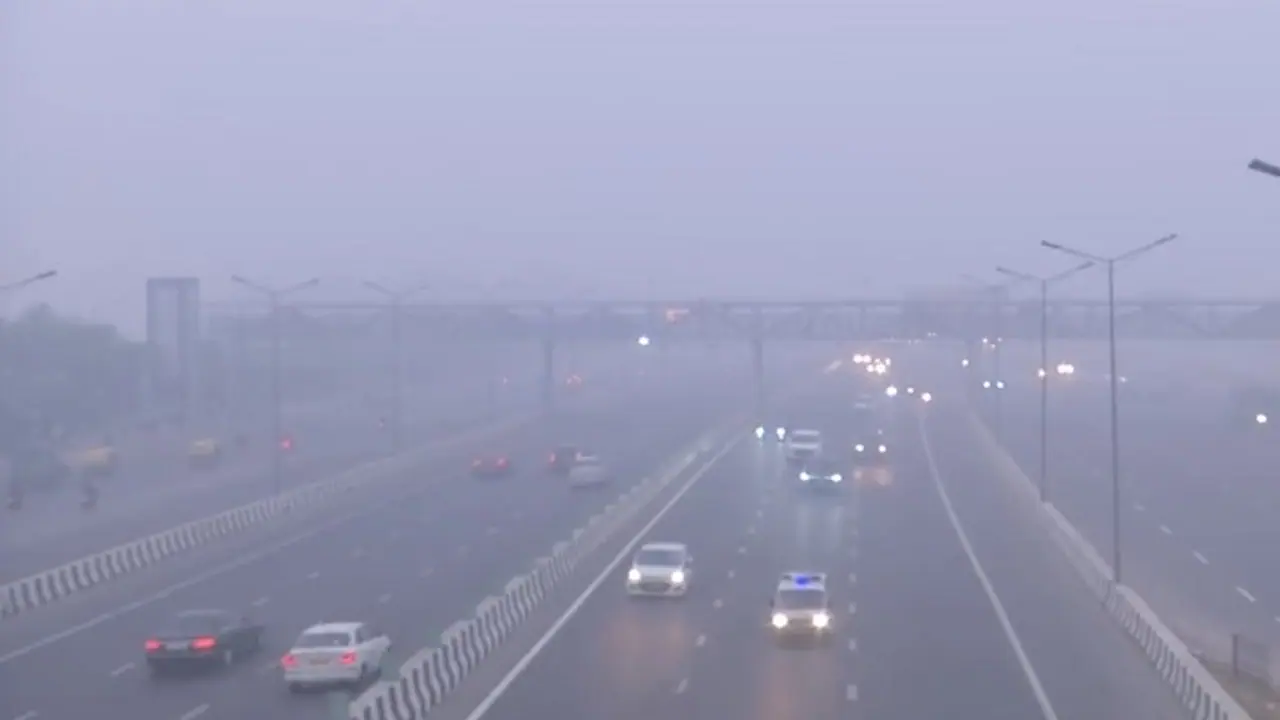A Lancet study reveals that air pollution below Indian standards causes about 33,000 deaths annually across major cities like Delhi, Mumbai, and Bengaluru. Spanning 2008-2019, the research links PM2.5 exposure to increased mortality, urging stricter regulations and local pollution controls nationwide to mitigate health risks effectively.
A recent study published in Lancet Planetary Health has uncovered alarming findings about the impact of air pollution in India, revealing that even levels below the country's air quality standards are leading to a significant number of deaths. The research, conducted in 10 major cities including Delhi, Mumbai, and Bengaluru, highlights that approximately 33,000 deaths per year can be attributed to air pollution levels exceeding the WHO guideline of 15 micrograms per cubic meter.

The study, spanning from 2008 to 2019, analyzed data on PM2.5 exposure and daily mortality rates. Shockingly, Delhi alone reported the highest toll with about 12,000 deaths annually linked to air pollution during the study period. Other cities like Ahmedabad, Chennai, and Kolkata also showed substantial impacts, emphasizing the widespread nature of the issue across urban India, reported TOI.
Over 1 in 3 people affected by neurological conditions: Study
Researchers from institutions in India, Sweden, and the USA collaborated on the study, employing both statistical analyses and causal modelling to understand the health impacts of air pollution. They found that even minor increases in PM2.5 levels significantly raised the risk of mortality, particularly when accounting for local sources like transportation and waste burning.
The study underscores the inadequacy of current air quality standards in India, suggesting a need for stricter regulations and more effective pollution control measures. Experts involved in the research advocate for a reevaluation of national air quality management strategies, urging a shift towards addressing local sources of pollution year-round rather than focusing solely on extreme pollution events.
Poornima Prabhakaran, director at the Centre for Health Analytics Research and Trends, Ashoka University, stressed the urgency of revising current standards to better protect public health. "Lowering and enforcing Indian air quality standards will save tens of thousands of lives annually," noted Professor Joel Schwartz of Harvard University, highlighting the potential benefits of stringent pollution control measures.
Bangkok declares emergency, Urges work from home as alarming level of pollution suffocates the city
Bhargav Krishna, a fellow at the Sustainable Futures Collaborative and lead author of the study, emphasized that reducing air pollution is a nationwide imperative. "Our findings demonstrate that air pollution's impact on mortality extends beyond traditionally high-pollution cities, affecting places like Mumbai and Bengaluru more than previously thought," Krishna stated.
In conclusion, the study's findings serve as a stark reminder of the health risks posed by air pollution in India and the critical need for immediate action. As public awareness grows, pressure mounts on policymakers to implement comprehensive measures that prioritize public health and environmental sustainability.
